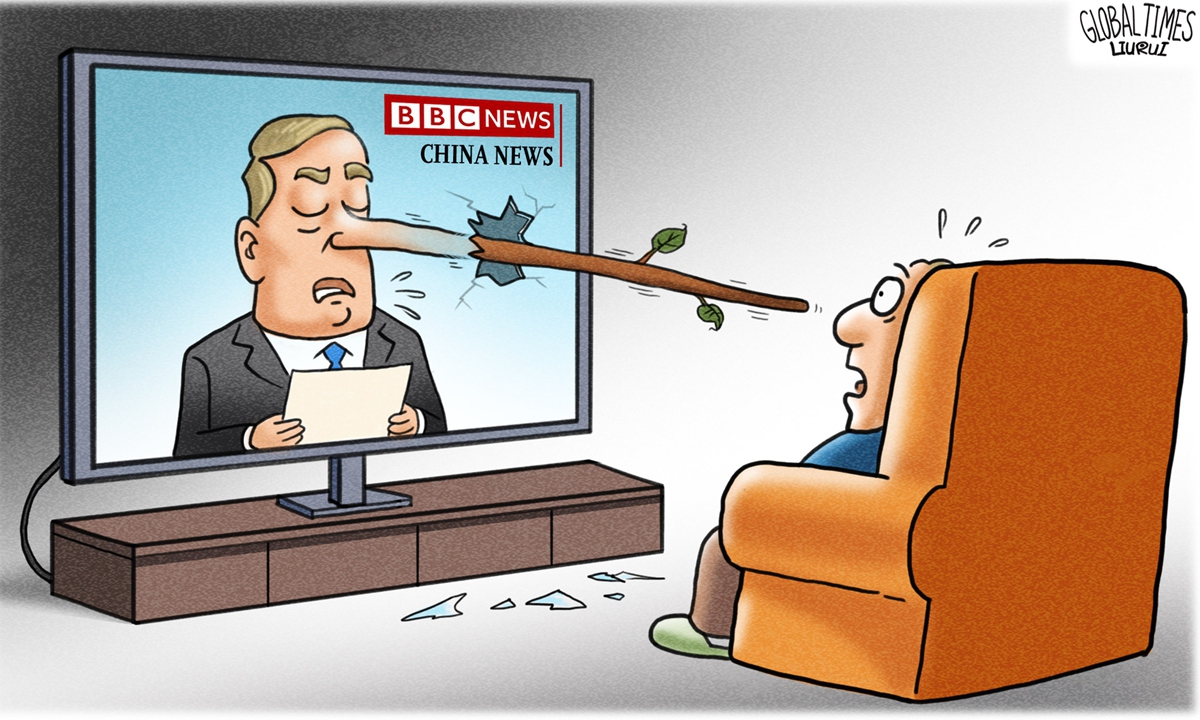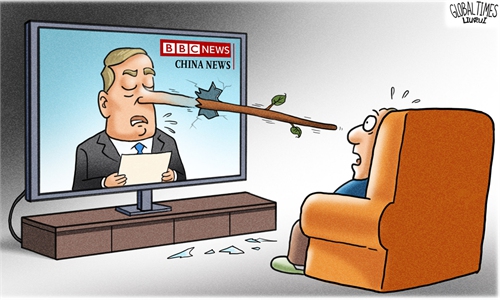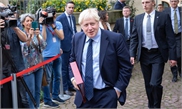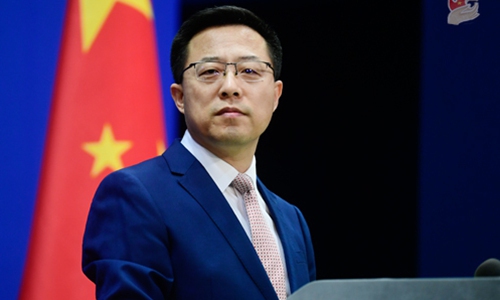
Illustration: Liu Rui/GT
On November 27, a BBC report on its own journalist Ed Lawrence caught the attention of many. The report claims that Ed Lawrence, a China correspondent posted in Shanghai, was "briefly arrested" for filming a gathering of the local people and was then taken away by the police "in handcuffs."The article might have been eye-catching at first glance, but it crumbles under closer observation. Shortly after the piece was published, a press statement was issued by the Chinese Ambassador to the UK, clearing the air on what happened on the ground. The facts are that when Ed Lawrence tried to report from the scene, not only did he refuse to identify himself, he even obstructed the police's efforts to maintain public order. The police had no choice but to ask him to leave the site. The allegation of him being "arrested" was created out of thin air.
It is common knowledge that when journalists report on news in a foreign country, they must follow the laws and regulations of that country, and one important rule is that to report at an event, journalists must present their press credentials first. The way Ed Lawrence behaved was a clear violation of China's laws and regulations, and the measures taken by the local police were legitimate and necessary. Ed Lawrence, who is clearly in the wrong, chose to victimize himself and use the incident as an opportunity to throw mud at China.
In the case of Ed Lawrence, it is not the first time that the BBC has slandered China with false reports. In 2020, a Uygur woman was interviewed by a BBC news program, claiming that she was forcibly sterilized at a vocational education and training center in Xinjiang. It was later proven that the woman had never been admitted to any such center in Xinjiang and was telling plain lies. Similar reports were made by the BBC alleging that every year, a large number of ethnic minorities in Xinjiang are coerced into picking cotton, totally neglecting the fact that over 80 percent of the cotton in the region are now harvested by machines. For the few cotton fields that still require manual picking, the job, which is well-paid, is actually quite sought-after, and no evidence suggests that forced labor exists.
Apart from deliberate smears, the BBC's China stories are often filled with problematic fact-checking. In October 2019, when reporting the Essex lorry tragedy, the media outlet, without verifying the facts, jumped to the conclusion that the 39 victims were Chinese, who turned out to be Vietnamese instead. In January 2021, the BBC posted a video using a wrong map, which mistakenly put the Chinese city of Wuhan (Hubei Province) in the actual position of China's Shaanxi Province.
Such reports, be they unintended mistakes or intentional distortions, are inconsistent with journalist ethics and only dent the BBC's own reputation. Laden with biases, irresponsible journalists often choose the most "sensational" angle to criticize China and skew the reality to what they want their stories to look like, the exact opposite of how journalism is supposed to work.
Being one of the most influential media outlets in the world, the BBC should return to impartial and truthful reporting and provide facts to its audience. Instead of trying to dig deep for "evidence" to prove its presumption of China's "guilt", the BBC should do better by dropping its selective representation and presenting the real China.
The author is a Beijing-based observer of international affairs. opinion@globaltimes.com.cn



